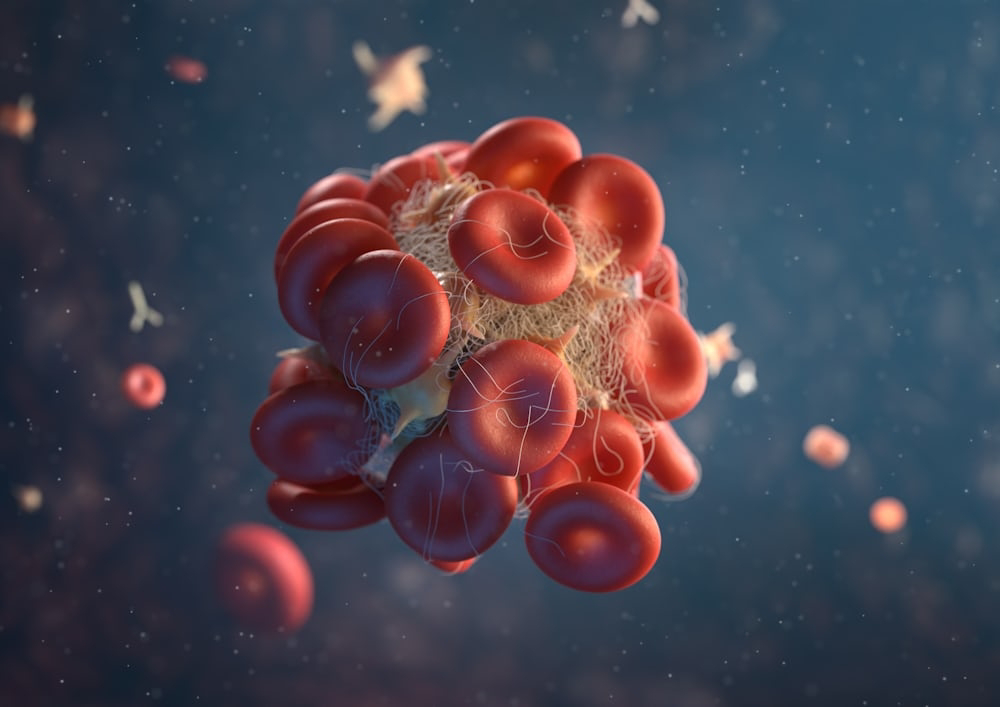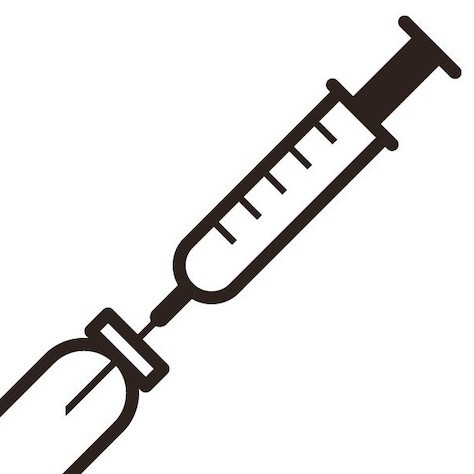Understanding the Endocrine System and the Role of Testosterone
The human body is a complex network of systems that work together to maintain balance and ensure proper functioning. One of these critical systems is the endocrine system, which is responsible for regulating various bodily functions through the release of hormones. Among the many hormones produced by the endocrine system, testosterone plays a significant role, especially in the development and maintenance of male characteristics and reproductive functions.
The Endocrine System: An Overview
The endocrine system consists of a collection of glands that produce and secrete hormones directly into the bloodstream. These hormones act as chemical messengers, traveling to various organs and tissues to regulate processes such as growth, metabolism, reproduction, and mood. Major glands of the endocrine system include:
- Pituitary Gland: Often termed the "master gland," it controls other endocrine glands and regulates growth and metabolism.
- Hypothalamus: Located in the brain, it links the nervous system to the endocrine system and regulates the pituitary gland.
- Thyroid Gland: Regulates metabolism, energy levels, and overall growth and development.
- Parathyroid Glands: Manage calcium levels in the blood and bone metabolism.
- Adrenal Glands: Produce hormones like cortisol and adrenaline, which help the body respond to stress.
- Pancreas: Produces insulin and glucagon to regulate blood sugar levels.
- Gonads (Ovaries and Testes): Produce sex hormones (estrogen, progesterone, and testosterone) that regulate reproductive functions and secondary sexual characteristics.
Testosterone: Its Production and Functions
Testosterone is a steroid hormone primarily produced in the testes in males and in smaller amounts in the ovaries in females. The adrenal glands also produce a small quantity of testosterone. The production and regulation of testosterone are primarily controlled by the hypothalamus and pituitary gland.
Production Process:
- Hypothalamus: Releases gonadotropin-releasing hormone (GnRH).
- Pituitary Gland: In response to GnRH, it secretes luteinizing hormone (LH) and follicle-stimulating hormone (FSH).
- Testes: LH stimulates the Leydig cells in the testes to produce testosterone.
Functions of Testosterone:
- Development of Male Characteristics: During puberty, testosterone is crucial for the development of primary and secondary male sexual characteristics, including the growth of facial and body hair, deepening of the voice, and increase in muscle mass and strength.
- Sperm Production: It is essential for spermatogenesis, the process of sperm production in the testes.
- Libido: Testosterone plays a key role in regulating sex drive and erectile function.
- Muscle and Bone Health: It helps maintain muscle mass and bone density, reducing the risk of osteoporosis.
- Mood and Cognitive Function: Adequate levels of testosterone are linked to improved mood, energy levels, and cognitive functions such as memory and concentration.
- Fat Distribution: It influences the distribution of body fat, contributing to the typical male fat distribution pattern.
Imbalances in Testosterone Levels
Both low and high levels of testosterone can lead to health issues.
Low Testosterone (Hypogonadism):
- Symptoms include reduced libido, erectile dysfunction, decreased muscle mass, fatigue, depression, and osteoporosis.
- Causes can range from aging and chronic health conditions to injury or infections affecting the testes.
High Testosterone:
- In men, excessively high levels are rare but can result from certain medical conditions or the use of anabolic steroids.
- In women, high testosterone levels can lead to conditions like polycystic ovary syndrome (PCOS), characterized by irregular menstrual cycles, hirsutism (excessive hair growth), and acne.
The endocrine system, through its intricate network of glands and hormones, plays a pivotal role in maintaining the body's homeostasis. Testosterone, a key hormone produced by the testes, significantly impacts various physiological and psychological functions, particularly in men. Understanding the role of testosterone and the potential consequences of its imbalances can aid in recognizing and addressing related health issues, ensuring overall well-being and quality of life.







Comments
Post a Comment